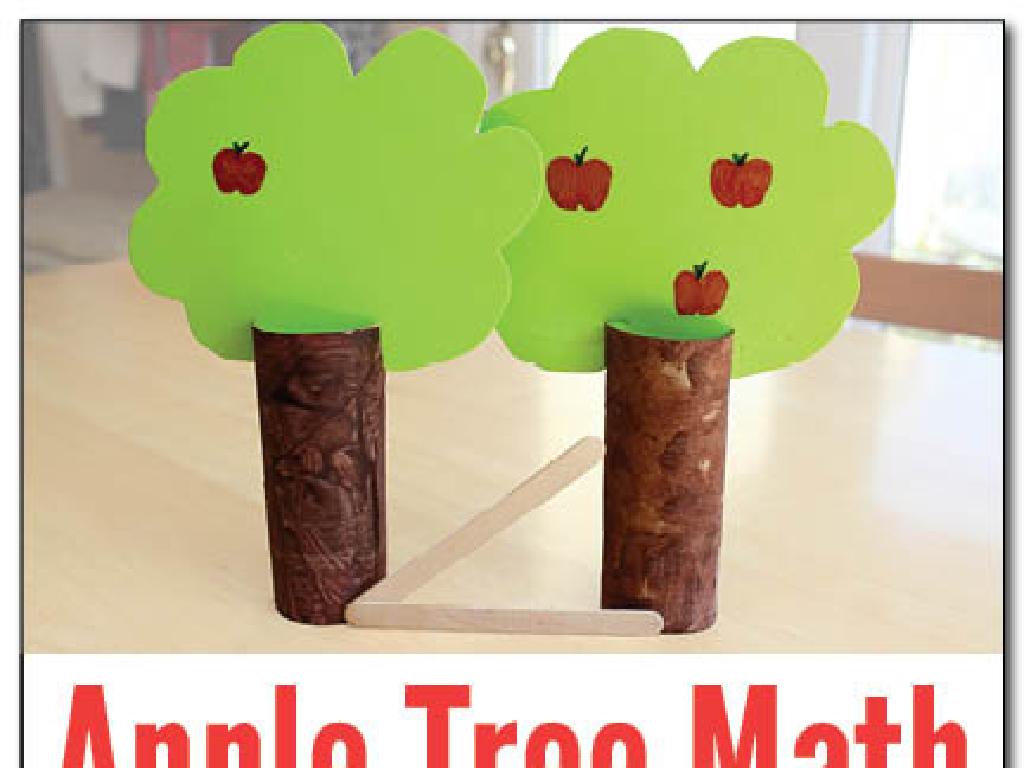The American Revolution: The Boston Tea Party
Subject: Social studies
Grade: Fifth grade
Topic: The American Revolution
Please LOG IN to download the presentation. Access is available to registered users only.
View More Content
The Roots of Our Nation: The American Revolution
– What sparked the American Revolution?
– Discontent with British rule and taxes led to revolt
– The Boston Tea Party explained
– Colonists protested tea taxes by dumping tea into Boston Harbor
– Key events in the Revolution
– Battles like Lexington and Concord; Declaration of Independence
– Significance to our history
|
This slide introduces the American Revolution, setting the stage for understanding the causes and significant events that led to the birth of the United States. Begin by discussing the factors that led to the colonists’ dissatisfaction with British rule, particularly taxation without representation. Explain the Boston Tea Party as a pivotal act of protest against the Tea Act, which imposed taxes on tea. Highlight other key events such as the first battles at Lexington and Concord and the drafting of the Declaration of Independence. Emphasize the importance of these events in shaping the country’s history and the values of freedom and independence that emerged from the Revolution.
The Road to Revolution: Colonial Discontent
– Life in the Thirteen Colonies
– Colonists lived with self-made laws, but this changed with British interference.
– British rule and its impact
– British imposed rules and restrictions on trade, upsetting the colonists’ way of life.
– Taxes and Acts fueling unrest
– Acts like the Stamp Act made colonists pay taxes without their consent.
– The colonists’ response
– Upset by unfair treatment, colonists began to protest against British control.
|
This slide introduces students to the growing tensions between the Thirteen Colonies and British rule, setting the stage for the American Revolution. It’s important to convey how the colonists valued their autonomy and how British interference and taxes without representation sparked significant unrest. Highlight key taxes and acts that contributed to the colonists’ dissatisfaction, such as the Stamp Act and the Townshend Acts. Discuss how these actions led to protests and ultimately the Boston Tea Party. Encourage students to think about how they would feel if they were taxed unfairly and without a say in the matter.
The Boston Tea Party: A Defiant Act
– What was the Boston Tea Party?
– A bold protest where colonists threw tea into Boston Harbor.
– The key date: December 16, 1773
– The day when American colonists stood up against British taxation.
– Protest against the Tea Act
– Colonists were angry about taxes on tea without their consent.
– The spark of the American Revolution
|
The Boston Tea Party was a significant event in American history where colonists, frustrated with British taxation, took a stand by dumping tea into Boston Harbor as a form of protest. This event took place on December 16, 1773, and is a key date to remember as it marks a pivotal moment leading up to the American Revolution. The colonists were protesting the Tea Act, which they felt was unfair because it was taxation without representation. This act of defiance is an early example of the colonists’ desire for independence and set the stage for the Revolutionary War. In class, discuss the concept of ‘no taxation without representation’ and how the Boston Tea Party exemplified this sentiment. Encourage students to think about what it means to stand up for what you believe is right.
The Aftermath of the Boston Tea Party
– Britain’s reaction to the Tea Party
– Britain passed laws to punish the colonists for the Boston Tea Party.
– Intolerable Acts as punishment
– The Intolerable Acts were meant to discipline Massachusetts for the rebellion.
– Colonists’ response to the Acts
– The colonists were angry and united against what they saw as unfair laws.
– Escalation towards revolution
– Tensions increased, pushing the colonies closer to full-scale revolution.
|
This slide discusses the consequences of the Boston Tea Party, emphasizing the British government’s punitive response through the Intolerable Acts. These acts were seen as unjust by the American colonists and led to greater unity among them against British rule. It’s crucial to convey the significance of these events in escalating the conflict that eventually led to the American Revolution. Encourage students to think about how they would feel and react if they were the colonists during this time. This will help them understand the perspective of the colonists and the gravity of the situation that led to the fight for independence.
The Spark of Revolution: Boston Tea Party
– From protest to revolution
– The Boston Tea Party shifted mindset from protest to active rebellion.
– First Continental Congress
– Delegates from 12 colonies met to discuss response to British policies.
– Start of Revolutionary War
– Tensions from the Boston Tea Party led to the first battles of the war.
|
This slide introduces the pivotal shift from peaceful protest to active rebellion that characterized the early stages of the American Revolution. The Boston Tea Party was a significant event that galvanized colonial resistance against British rule. The First Continental Congress represents the colonies’ first attempt to present a united front against British policies. The escalation of tensions following the Boston Tea Party eventually led to the outbreak of the American Revolutionary War, marking the beginning of the colonies’ fight for independence. Discuss with students how the colonists felt and why they decided to take action. Emphasize the importance of unity and collective action as demonstrated by the First Continental Congress.
Class Activity: Reenacting the Boston Tea Party
– Imagine we’re in 1773
– Form groups: Colonists, British, Merchants
– Act out the Tea Party events
– Discuss each group’s perspective
– How did the Tea Act affect different people?
|
This activity is designed to help students understand the different perspectives during the Boston Tea Party. Divide the class into three groups representing the Colonists, the British, and the Merchants. Each group will act out their roles based on the events leading up to the Boston Tea Party, focusing on the Tea Act’s impact. After the reenactment, lead a discussion where students express how their assigned group may have felt about the Tea Act and its subsequent protest. Possible activities: Colonists can pretend to debate the Tea Act, British can discuss how to enforce it, Merchants can express their concerns about business, and all can simulate the act of throwing tea into the harbor. This will help students empathize with the historical figures and better grasp the causes of the American Revolution.






